Want to burn more fat during your morning cardio without eating a thing? Caffeine might be your secret weapon — if you use it right.
Fasted cardio already helps your body tap into fat stores for fuel.
But adding caffeine before you train can take it to the next level.
From boosting energy and focus to accelerating fat loss, caffeine before fasted cardio is a game-changer for many.
But is it right for you?
As a fitness coach who’s tested this combo personally and with clients, I’ll break down exactly what works — and what doesn’t.
Table of contents
Is Caffeine Good for Fasted Cardio?
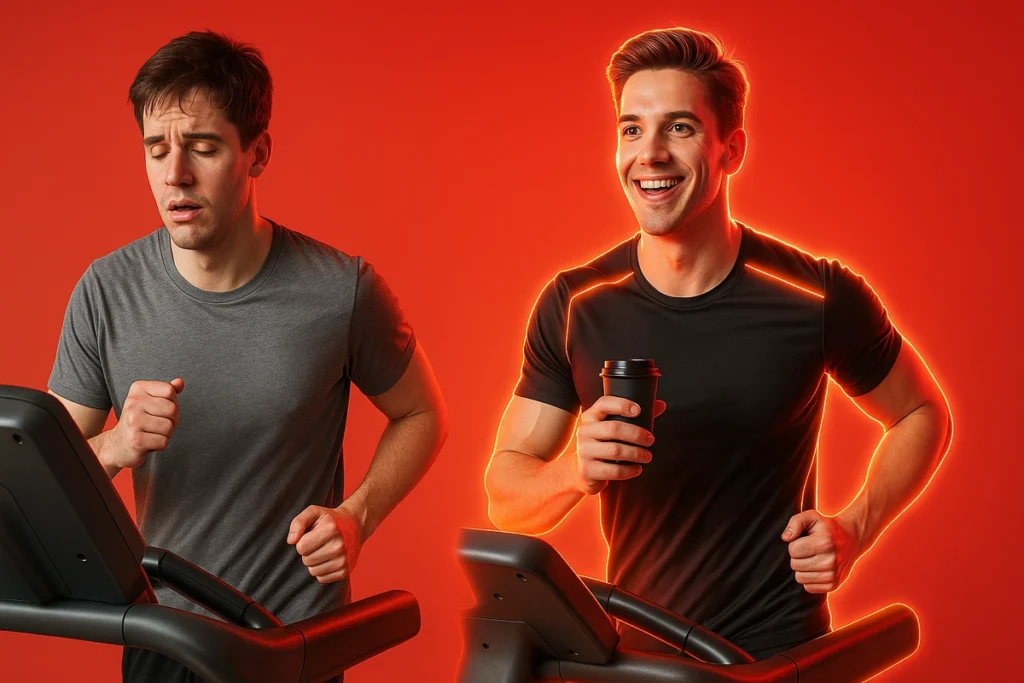
Yes — when used smartly, caffeine before fasted cardio can help boost energy, improve focus, and accelerate fat burning.
In my own routine and with dozens of clients, caffeine often turns sluggish morning sessions into energized, productive workouts. But it’s not for everyone — so let’s break it down.
How Caffeine Works in a Fasted State
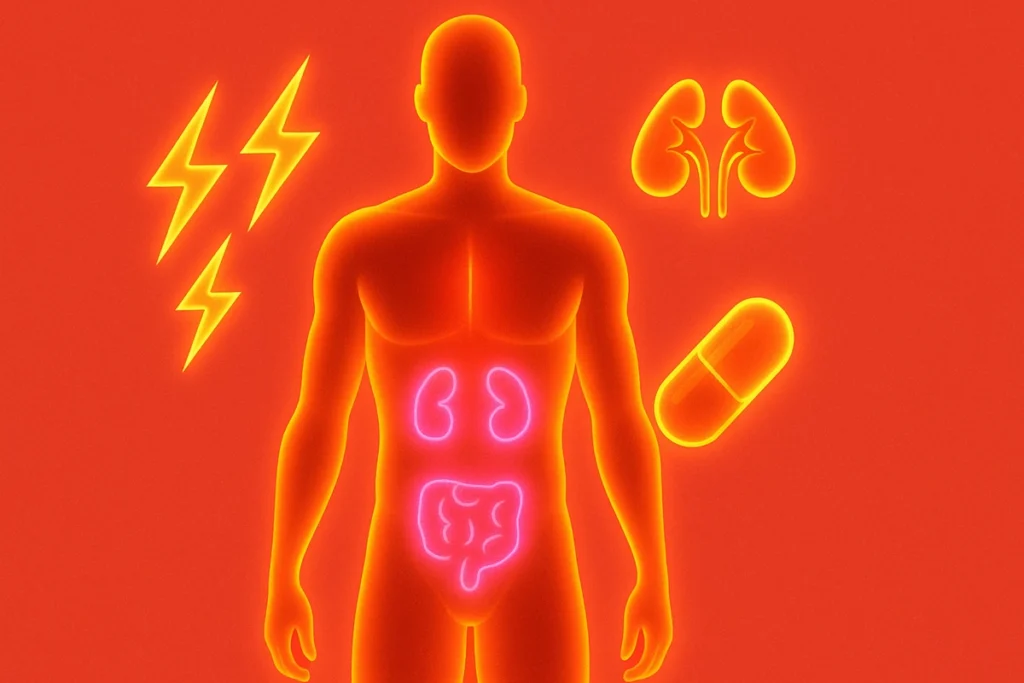
In a fasted state, your body taps into stored fat for energy. Caffeine helps by increasing adrenaline and stimulating the nervous system, which boosts fat oxidation.
It also lowers your perceived effort — meaning the workout feels easier than it actually is. That’s powerful when you’re running low on fuel.
To understand how different caffeine forms affect training, check out Caffeine Pills vs Coffee for Gym Performance.
Benefits of Caffeine for Fasted Cardio

Caffeine gives you a noticeable edge when training fasted. Personally, I’ve used it before early-morning cardio, especially during fat-loss phases.
A 150 mg caffeine capsule or black coffee was enough to help me stay focused and push through.
Clients also report great results. For example, Liam, a client from Canada, struggled to get lean despite consistent training.
After introducing 200 mg caffeine before his 6 AM walks, he finally saw a drop in stubborn body fat within two weeks. The difference in his energy was clear.
Key benefits:
- More energy and focus without food
- Better endurance
- Increased fat mobilization
- Higher motivation early in the day
For additional natural caffeine strategies, check out Natural Caffeine Sources for Pre-Workout.
Potential Downsides You Should Know
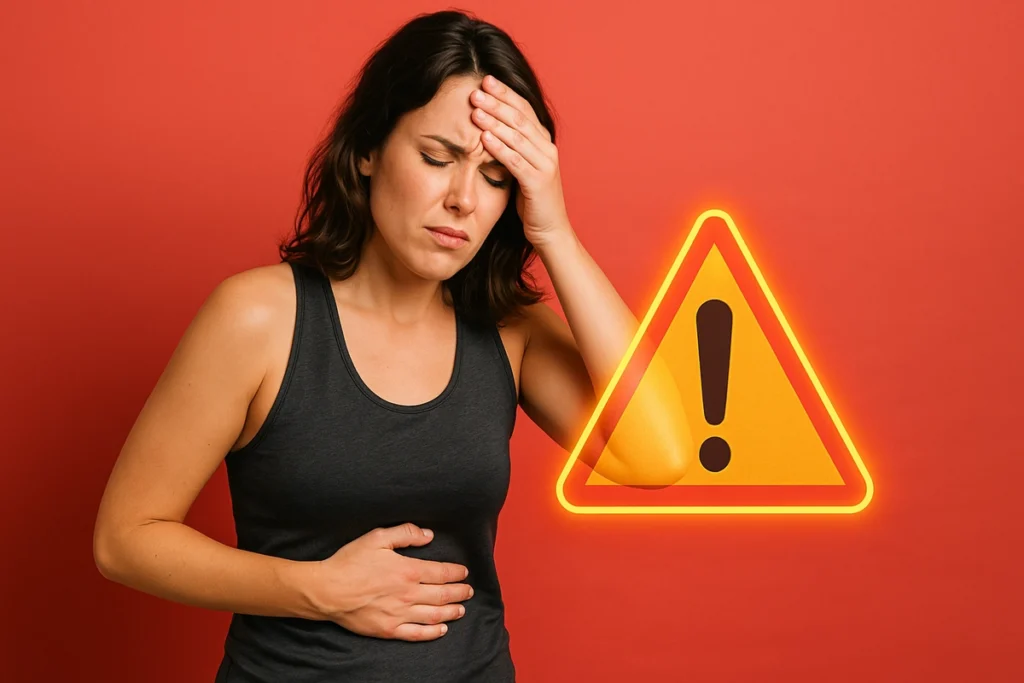
That said, caffeine on an empty stomach isn’t for everyone.
Some users experience:
- Jitters or shakiness
- Increased heart rate
- Stomach discomfort
- Energy crash later in the day
One of my clients, Isabella from Spain, had trouble with just 100 mg caffeine. She felt anxious and dizzy, so we dropped it immediately and moved her cardio after a light breakfast. Problem solved.
If you’re sensitive, skip it — or at least start with a small dose.
You might also benefit from reading How to Reset Your Caffeine Tolerance.
Best Timing and Dosage for Fasted Cardio
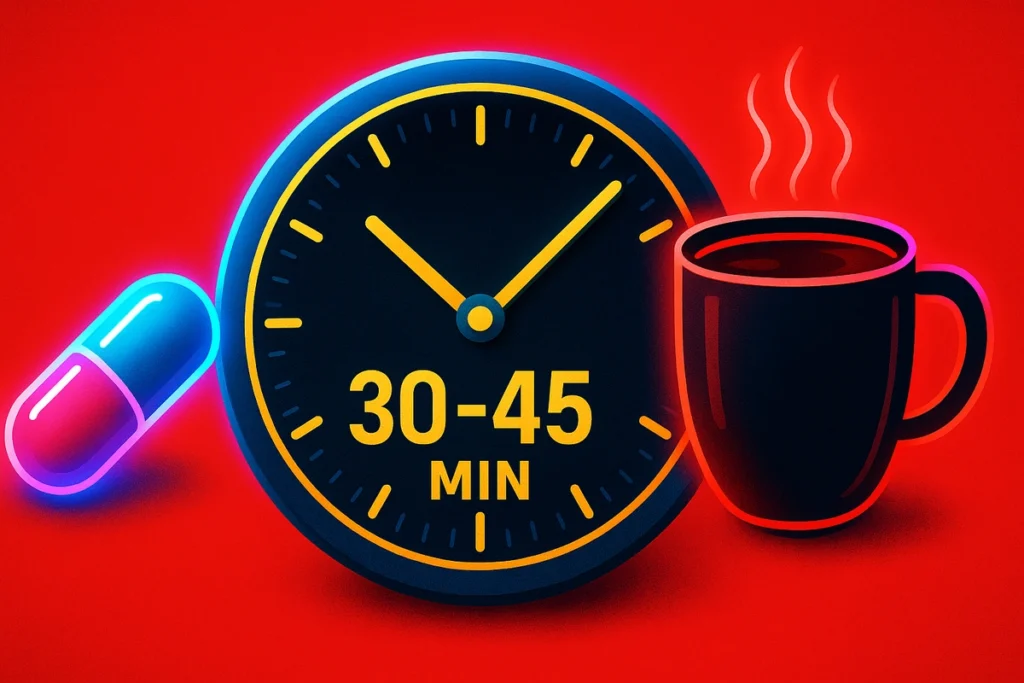
The sweet spot for most people is 100–200 mg of caffeine taken 30–45 minutes before cardio.
I recommend starting low — around 100 mg — and increasing gradually if needed.
Personally, I often go with one espresso and half a caffeine tablet (about 125 mg total). That combo fuels a solid 30-minute fasted incline walk.
Avoid sugary energy drinks — they break your fast and can spike insulin.
To find the best amount for you, read Caffeine Dosage for Fat Burning and Focus.
Who Should Avoid It?

I always caution people with anxiety, high blood pressure, or sleep issues to be careful with caffeine — especially fasted.
For example, Mohammad, a client from the UAE, had high BP and complained of headaches after caffeine-fueled fasted cardio.
We cut it out, shifted cardio to mid-morning after a small meal, and his symptoms disappeared.
Coach’s Real Advice: What I’ve Seen with Clients
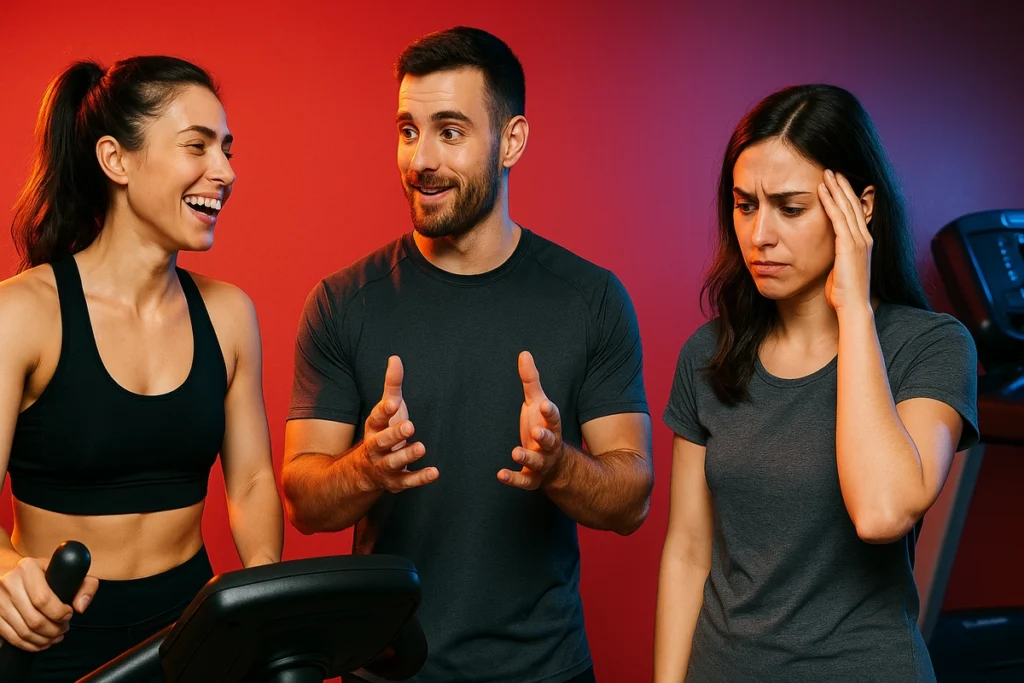
From my coaching experience, caffeine makes a clear difference in performance and fat loss — but it’s not a magic trick.
Take Jared from Australia — he combined 200 mg caffeine with fasted walking 5 days a week. Over 10 weeks, he dropped from 20% to 14% body fat. And he didn’t touch cardio before adding caffeine.
But Nina from Germany? She went too hard — 300 mg caffeine before a fasted run — and ended up with heart palpitations. We adjusted the dose, kept her hydrated, and she bounced back.
It’s all about listening to your body and using what works for you.
Also worth exploring: Caffeine vs Pre-Workout: Which Is Better?
Final Verdict: Worth Trying or Skip It?

If you tolerate it well, yes — caffeine can absolutely enhance fasted cardio.
It helps you train harder, burn more fat, and stay mentally sharp.
But if you’re sensitive to it, don’t force it. There’s no “one size fits all” — and that’s okay.
Start light. Track how you feel. And always prioritize long-term sustainability over short-term intensity.
Used wisely, caffeine can be your best fasted cardio partner.
For deeper guidance, check out Best Time to Take Caffeine Before a Workout and Caffeine’s Role in Recovery and Muscle Soreness.



Leave a Reply